Recycling plays a crucial role in managing waste and protecting the environment. Still, not all household items are straightforward to recycle. Some materials pose significant challenges due to their composition, size, or hazardous elements. In this blog post, we will explore the top 15 difficult-to-recycle household items, explaining why they present challenges and providing guidance on handling them responsibly.
1. Plastic Bags and Wrappers
Due to their lightweight and flexible nature, plastic bags and wrappers are notorious for clogging recycling machinery. Many recycling centres do not accept them, leading to their accumulation in landfills. However, some supermarkets offer collection points for plastic bags, promoting their proper recycling.
2. Pizza Boxes
While cardboard is generally recyclable, pizza boxes contaminated with grease and food residues are not. The oils interfere with the recycling process. Instead, if the top part of the box is clean, tear it off for recycling and compost the soiled bottom part.
3. Light Bulbs
Light bulbs, especially CFLs (compact fluorescent lamps), which contain a small amount of mercury, are problematic. Instead of throwing them in the bin, take them to special recycling points or hazardous waste facilities equipped to handle them safely.
4. Batteries
Batteries contain metals and chemicals that can be harmful to the environment. They should never be thrown in regular recycling bins. Many stores and recycling centres offer dedicated battery recycling services.
5. Electrical Appliances
Electrical items, from toasters to laptops, are challenging due to their complex mix of materials and potentially hazardous substances. Look for e-waste recycling programs or facilities that specialise in handling electronic goods.
6. Styrofoam (Polystyrene)
Styrofoam is not biodegradable and is challenging to recycle, with many facilities unable to process it. However, some specialised centres accept it. Check with your local recycling guidelines for disposal instructions.
7. Aerosol Cans
While made of metal, aerosol cans are tricky because they contain pressurised gases. Ensure they are empty and check with local recycling centres to see if they accept them.
8. Oil-Based Paint
Water-based paints can often be recycled, but oil-based paints are considered hazardous waste. They should be taken to a hazardous waste facility for proper disposal.
9. Mirrors
Due to the reflective coating on the back, mirrors cannot be recycled with regular glass. If they’re in good condition, consider donating them or contacting your local waste management about disposal options.
10. Chip Bags
Similar to plastic bags, chip bags are made from a mix of materials that make them difficult to recycle. Reducing consumption and opting for alternatives is the best approach.
11. Disposable Diapers
The combination of organic waste, plastic, and super-absorbent polymers makes disposable diapers a recycling nightmare. Research environmentally friendly diaper options or compostable alternatives.
12. Photographs
The chemicals used in traditional photograph processing make them non-recyclable. Digital photos are an eco-friendlier option.
13. Medication
Expired or unused medication should never be thrown in the trash or flushed. Many pharmacies offer take-back programs to dispose of these items safely.
14. Single-Use Coffee Pods
The mix of plastic, aluminium, and organic waste in coffee pods complicates recycling. Some brands offer recycling programs, so check with the manufacturer for disposal options.
15 . Garden Hoses
Rubber hoses are not recyclable through standard municipal recycling programs due to their material and potential to entangle in recycling equipment. Repurposing or donating them is a preferable option.
You can also read: What Items Shouldn’t Be Put in a Skip?
Conclusion
Recognising the challenges of recycling specific household items guides us towards making more brilliant, more sustainable waste management choices. By staying informed about the proper disposal methods for these tricky items, we play a crucial role in reducing our environmental impact. For items that cannot be recycled through regular municipal programs, Skip Hire Epsom offers a reliable alternative, ensuring that your waste is managed in an environmentally responsible way. Our services provide an effective solution for the disposal of non-recyclable or hard-to-recycle items, supporting our community in achieving its sustainability goals. Choose Skip Hire Epsom for a greener future, knowing that together, we are taking significant steps towards a cleaner and more sustainable world.
FAQs
Q: Why can’t all plastics be recycled together?
A: Different types of plastics melt at different temperatures and have varying compositions, making it difficult to recycle them together without contamination.
Q: Can I recycle pizza boxes if I remove the contaminated parts?
A: Yes, if part of the box is free from grease and food residue, it can be recycled. The contaminated part should be composted or disposed of as general waste.
Q: What should I do with electronic waste?
A: Look for local e-waste recycling programs or facilities specifically equipped to recycle electronic items.
Q: What should I do with items that cannot be recycled?
A: Seek out special disposal or take-back programs. Reducing consumption of non-recyclable items and choosing products with sustainable or recyclable packaging can also make a big difference.
Q: Are there eco-friendly alternatives to single-use coffee pods?
A: Yes, consider using reusable coffee pods or machines that do not require pods.
Also read: 7 Effective Ways for Cost-Effective Waste Removal
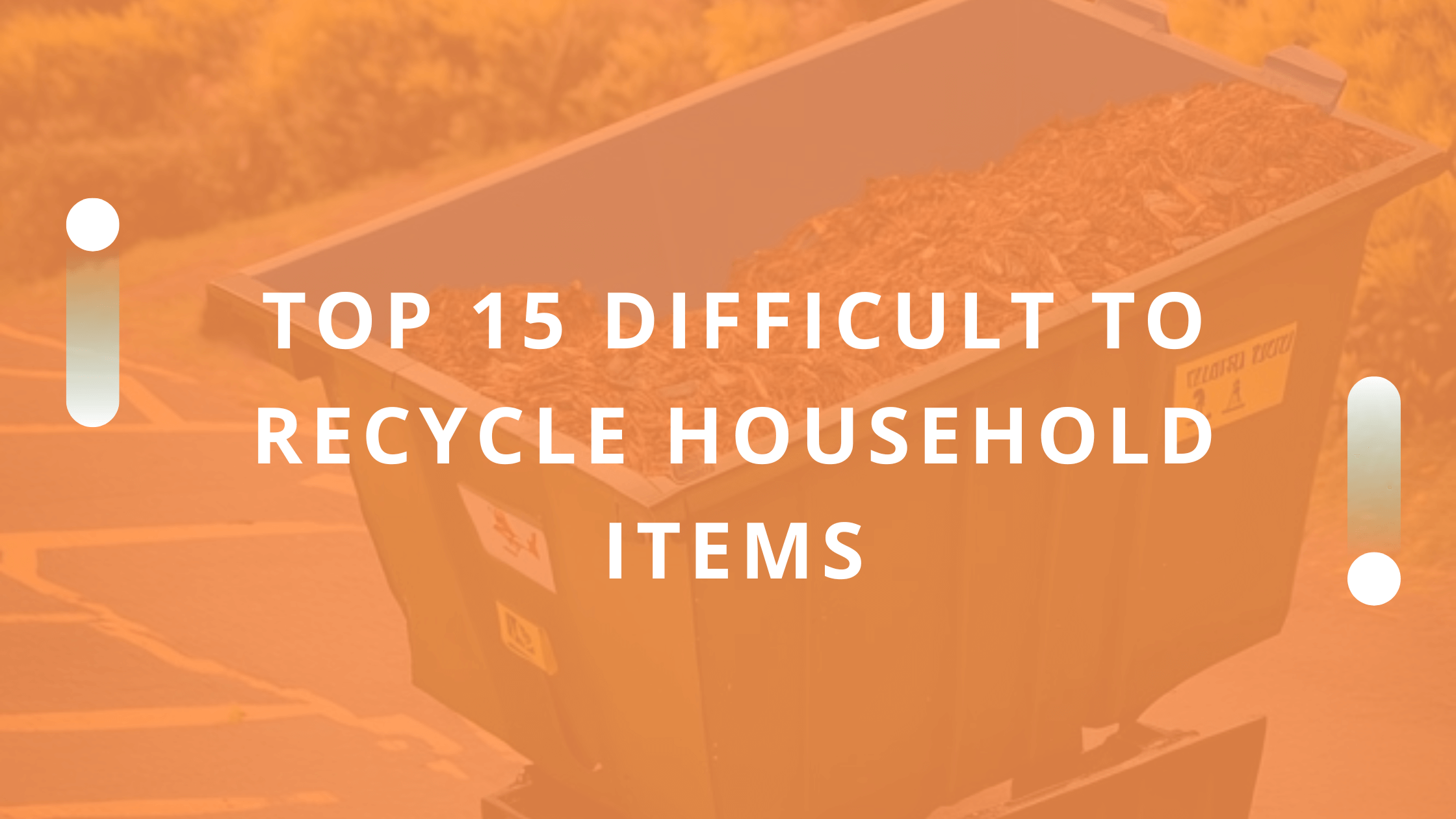
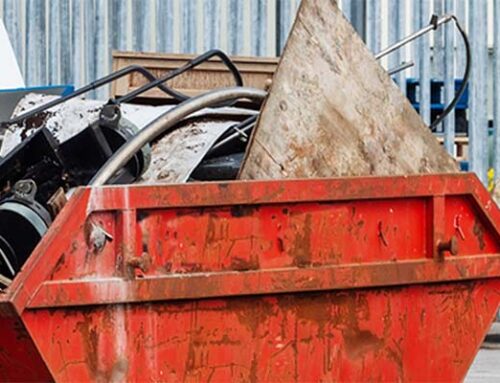
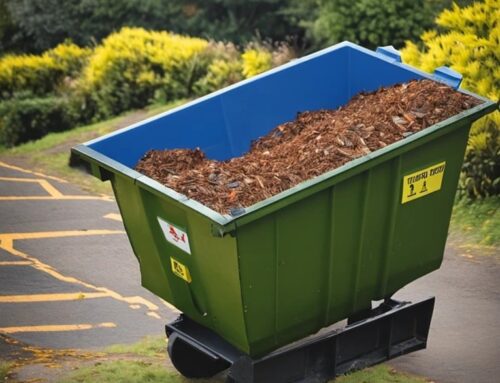
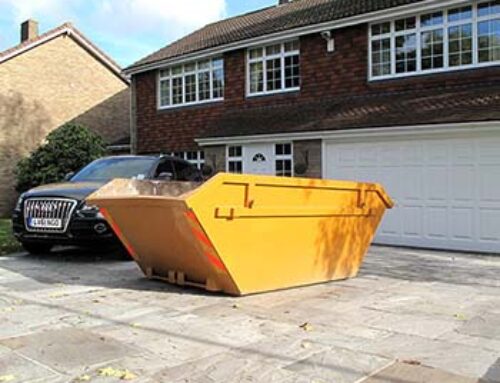
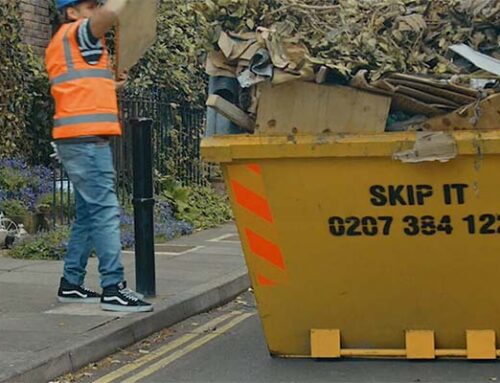
Leave A Comment